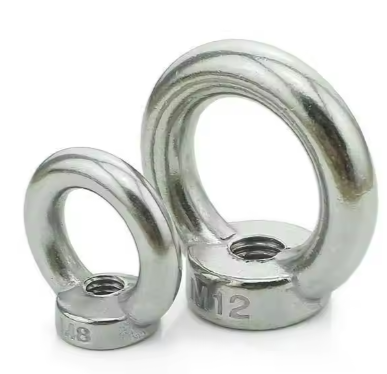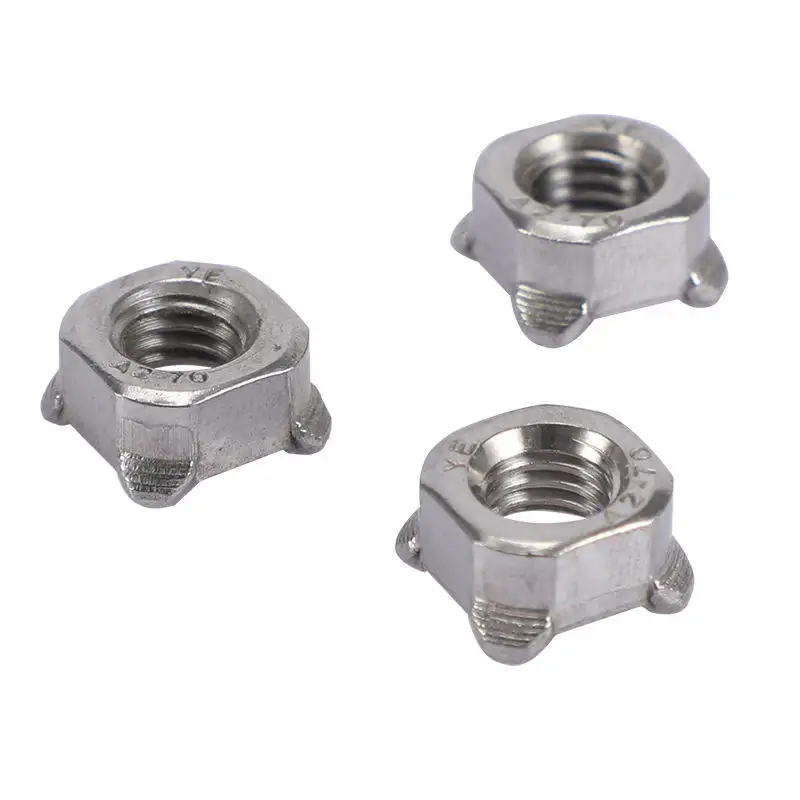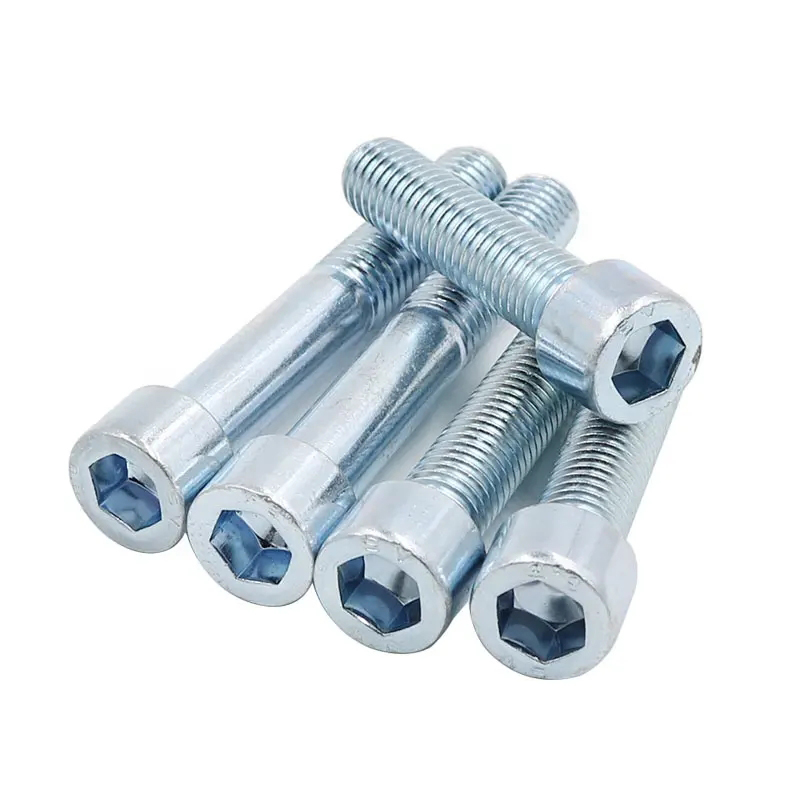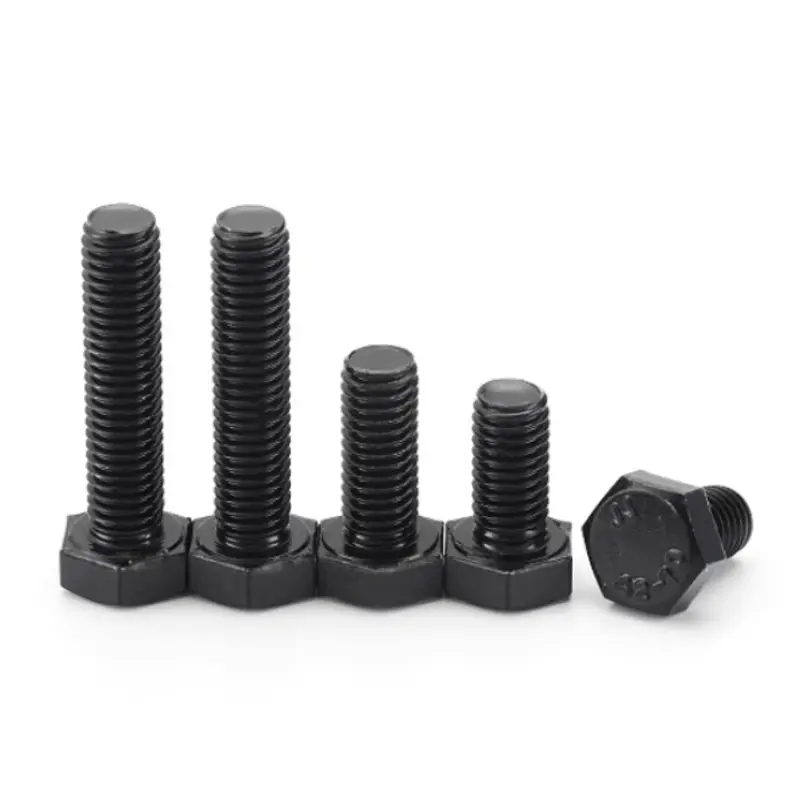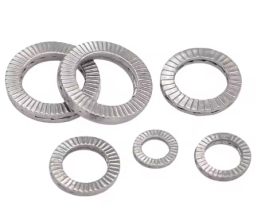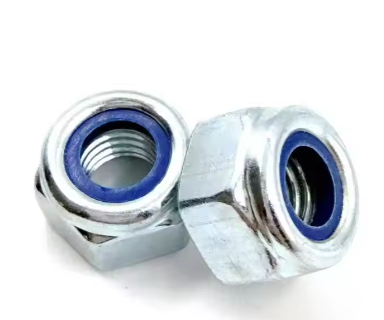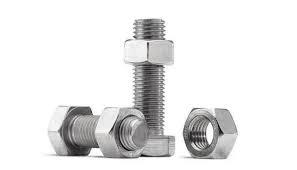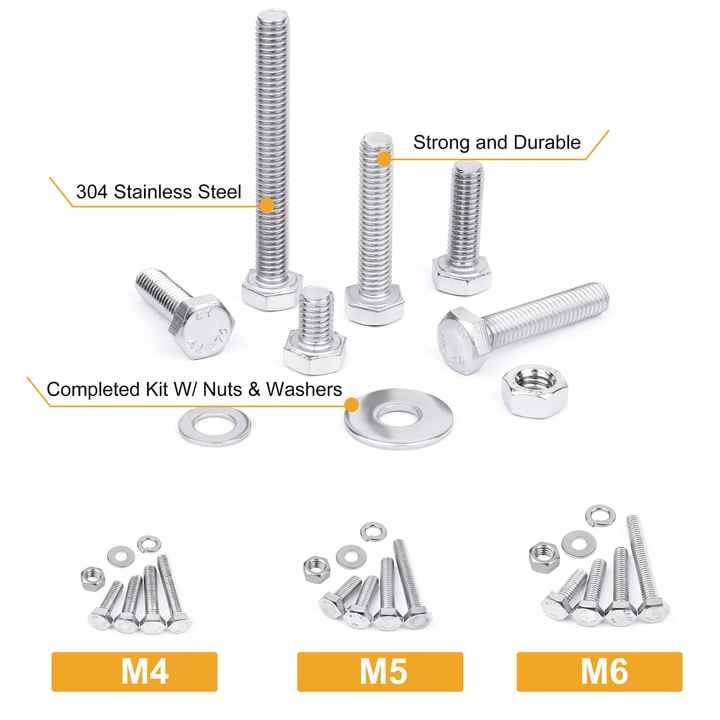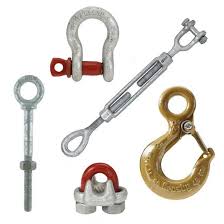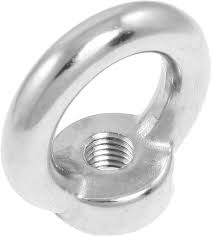

This comprehensive guide explores slotted nuts, covering their types, applications, advantages, disadvantages, and selection criteria. Learn how to choose the right slotted nut for your project and where to source high-quality options. We'll delve into the specifics of their design, materials, and common uses, ensuring you have a thorough understanding of this essential fastening component.
A slotted nut is a type of nut with a slot cut into its body. This slot allows for easy adjustment and alignment during assembly, making them particularly useful in applications requiring precise positioning or where access is limited. Unlike standard nuts, the slot provides a degree of freedom, accommodating slight misalignments of the bolt or screw. They are commonly manufactured from various materials, including steel, brass, and stainless steel, offering different strength and corrosion resistance properties. The slot's orientation can also vary depending on the specific application.
These are the most common type of slotted nut. They feature a single slot running parallel to the nut's axis. They are widely available in various sizes and materials to suit a broad range of applications. The simple design makes them cost-effective and easy to use.
These slotted nuts have a hexagonal shape, providing a larger contact area and improved gripping capabilities compared to other types. The hexagonal shape facilitates easier tightening and loosening with wrenches.
Slotted wing nuts feature wings or projections on either side, allowing for hand-tightening without the need for tools. The added slot offers additional flexibility in alignment during installation.
Slotted nuts find applications in numerous industries and projects. Their self-aligning feature is particularly beneficial in situations where precise positioning is critical. Examples include:
Here's a comparison of the pros and cons:
| Advantage | Disadvantage |
|---|---|
| Self-aligning capability | Potentially weaker than standard nuts (depending on slot size and material) |
| Easy installation and adjustment | May require more space for assembly |
| Suitable for applications with limited access | Slot can potentially weaken the nut under high stress |
Choosing the appropriate slotted nut involves considering factors such as:
For high-quality slotted nuts, consider reputable suppliers with a proven track record. For a wide selection and reliable service, check out Hebei Dewell Metal Products Co., LTD, a leading provider of fasteners. They offer a diverse range of slotted nuts to meet various industry needs.
Remember to always prioritize safety and use appropriate tools when working with fasteners. Proper selection and installation of slotted nuts contribute to a secure and reliable assembly.

